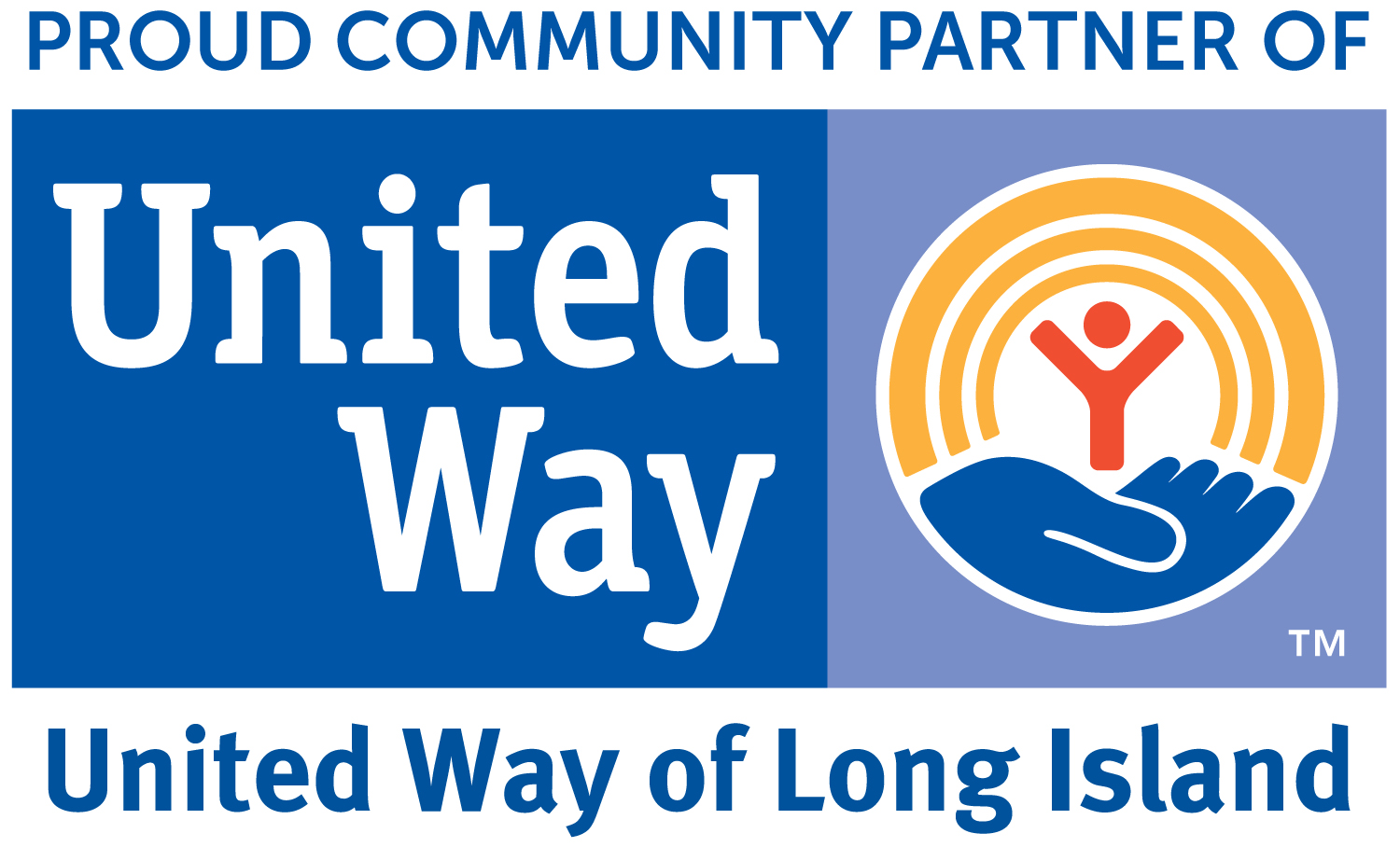Members of ERASE Racism’s Student Task Force (STF), along with President Elaine Gross, Community Educator/Organizer Nicole Grennan, and STF Alumnus Joel-Anthoney Bossous, participated in the 6th Annual Reimagining Education: Teaching, Learning and Leading for a Racially Just Society Summer Institute (RESI) from July 12-16, 2021. During this conference organized by Teachers College, Columbia University, ERASE Racism’s student voices addressed the urgent need for culturally-responsive teaching, particularly with respect to integrating current events and student-centered learning into existing curriculum. Thanks to the generosity of the Rauch Foundation, ERASE Racism was also able to sponsor 31 Long Island educators to attend this year’s conference.
Their student-led workshop, “Let’s Talk About It: Discussing Current Events in Class,” provided educators with a concrete framework for having brave conversations about challenging events during class. Not only is incorporating current events into class a key tenet of Culturally-Responsive Sustaining Education (NYSED CRSE Framework), it is what students want and deserve. Our student leaders Yoav, Cayla, Derrielle, Alli, and Isaias powerfully communicated the how and why of this important work by modeling a classroom conversation about the January 6th insurrection on the US capitol. The workshop also addressed the challenges that might arise during these conversations — problematic or incorrect statements from students, conflict among students, non-participation or silence — and strategies for teachers to keep the conversation respectful and true without shaming or being biased. The grounding principle of the workshop was essentially as follows: trust the students and they become trustworthy (adapted from adrienne maree brown). When educators trust themselves and their students, they make the space for an education that centers student experience, perspective, and expertise as central and integral to learning.
During ERASE Racism’s plenary, entitled “Truth to Power on Segregated Suburban Schools: Long Island Youth Speak,” student leaders Kate, Hamayun, Maekyla, Daniel, and Dara spoke passionately about their experiences in Long Island’s segregated schools and interactions with eurocentric curriculum and racism, while also providing policymakers and educators with access points for enacting change. President Elaine Gross opened the plenary with a briefing about Long Island’s segregation and explaining that other communities share similarities. STF Alum Joel described intensifying intra-district segregation present from his time in high school to today and potential ways integrated, culturally-aware and racially sensitive schools could become a reality. He invited educators to create learning environments that more actively affirms students and amplifies both diversity and youth voices in the classroom.
During Friday’s Policy Roundtable, President Elaine Gross and STF Alum Joel discussed obstacles to advancing anti-racist education and racial equity in schools and conjectured about policy solutions to removing those obstacles. Joel highlighted some spaces where policy falls short in considering the implementation of anti-racist pedagogies as praxis. His remarks challenged educators and policymakers to reconsider who and what is reflected in the curriculum and what metrics of assessment are being used to evaluate students. His words affirmed the importance of centering youth voices in conversations about policy, by not only listening to students but actively soliciting their input by generating meaningful platforms for expression.
President Gross’s remarks addressed some of the most pressing issues facing our students today, including access to virtual learning, access to rigorous curriculum, extracurricular activities, and AP courses, and CRSE and DEI as foundational to student well-being. She spoke of the need to invest in integrated schools and DEI, in order to more substantially demonstrate the value and positive impacts of a culturally-responsive sustaining education. President Gross also drew important connections between school segregation and the residential segregation that presently plagues Long Island. She spoke about how our schools mirror the residential segregation and, therefore, if we truly wish to integrate schools and move towards a system of equitable education, we must be advocates for fair housing statutes and affordable housing.





